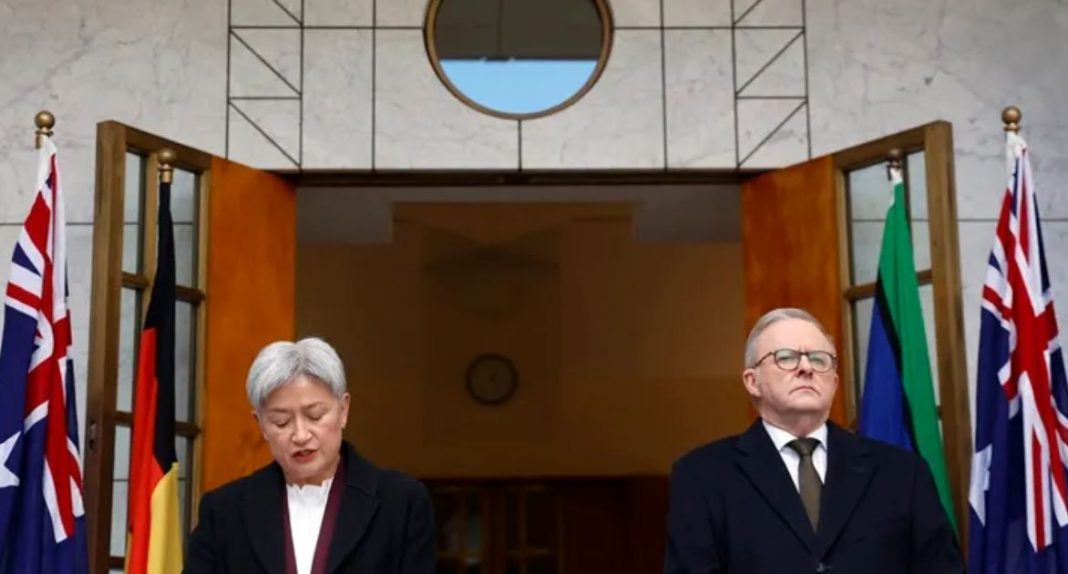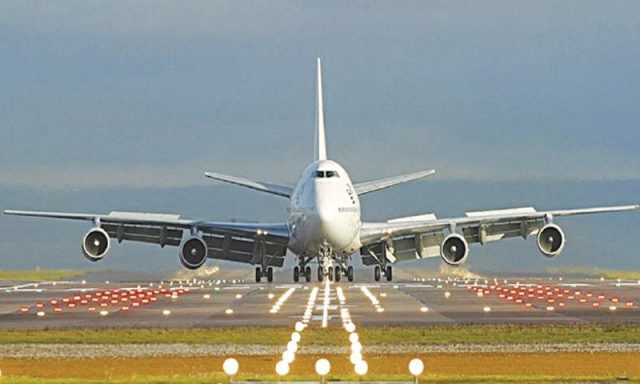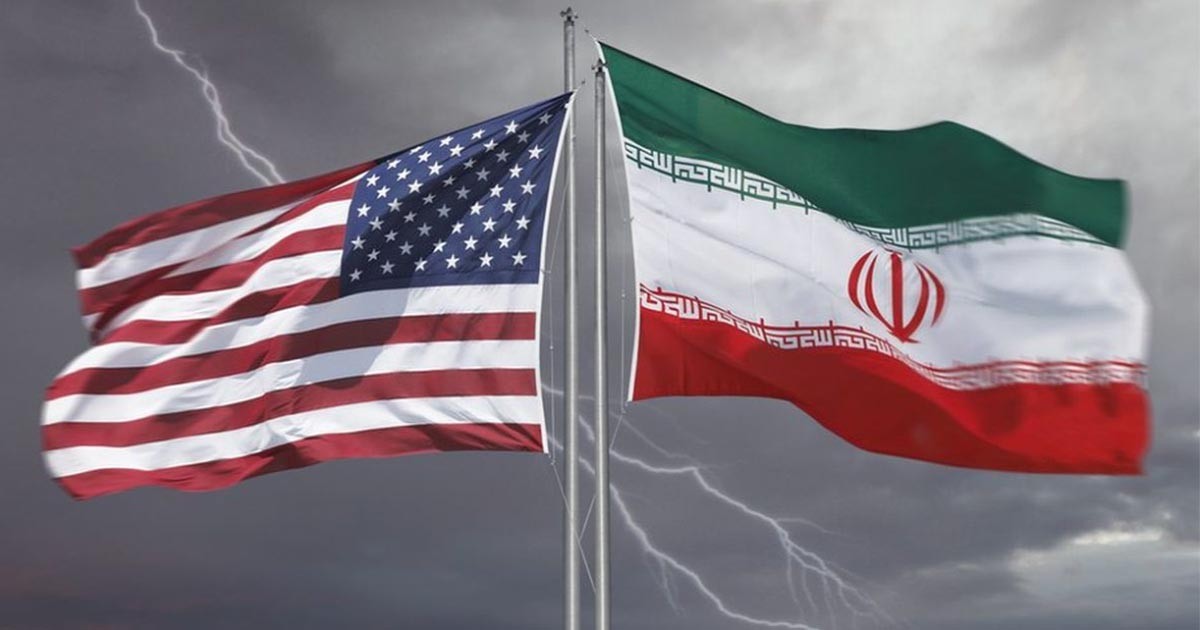Australia will formally recognise a Palestinian state at the UN General Assembly in September, joining a growing bloc of nations including the UK, France, and Canada. Prime Minister Anthony Albanese framed the decision as a step toward a two-state solution — “humanity’s best hope” to break the Middle East’s cycle of violence. The move comes amid Israel’s ongoing bombing campaign in Gaza, which local health authorities say has killed over 60,000 civilians since October 2023.
Netanyahu’s Contempt and Australia’s Response
Israeli Prime Minister Benjamin Netanyahu dismissed Australia’s decision as “shameful” and a “canard,” doubling down on his rejection of Palestinian sovereignty. His outrage is unsurprising — recognition of Palestine undermines decades of Israel’s occupation strategy and exposes the moral bankruptcy of his government’s war on Gaza. Netanyahu continues to defy international law, block humanitarian aid, and escalate military operations, all while attempting to frame any pro-Palestinian move as aiding terrorism.
While recognition sends a symbolic message, it does little on its own to halt Israel’s onslaught or lift Gaza’s siege. Palestinian advocates, including the Australia Palestine Advocacy Network, have called Albanese’s move a “political fig leaf” unless paired with concrete measures: sanctions on Israeli officials, suspension of arms sales, increased humanitarian aid, and safe evacuation pathways for civilians. Words without enforcement will not end starvation or mass displacement.
Read More: UN, media groups condemn Israel’s deadly strike on Al Jazeera team in Gaza
The Global Shift — and the U.S. Roadblock
Nearly 150 UN member states now recognise Palestinian statehood, but without the United States pressuring Netanyahu, the change remains largely symbolic. Israel’s far-right government rejects any Palestinian role in its own liberation, while Washington shields it from consequences. Australia’s move, though morally justified, risks being little more than a diplomatic gesture unless part of a coordinated campaign to end the occupation.
If Australia truly believes in human rights and international law, recognition must be backed by action that makes Netanyahu’s war machine pay a price. That means sanctions, trade restrictions, and a full diplomatic freeze until Israel ends its siege of Gaza, dismantles illegal settlements, and allows Palestinians to live free in their own state. Otherwise, this moment will be remembered as symbolism in the face of genocide.














